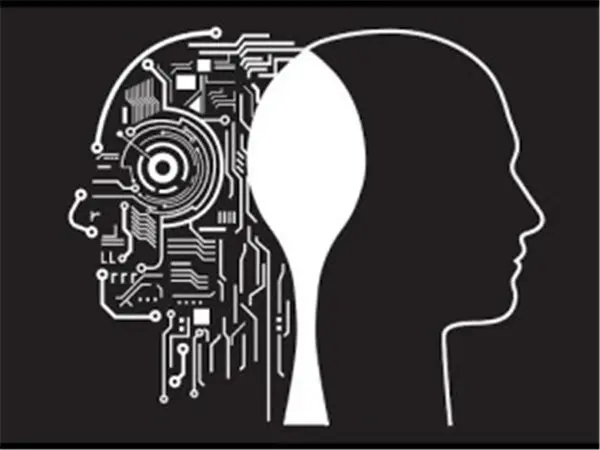In recent days, the leaders of Italy, Germany, and France have traded barbs over the European Union's handling of the growing migrant crisis. And while the debate may ultimately have an impact on the way the EU addresses the issue, some experts say it may also affect the balance of power in the 28-nation bloc.
Pushed by a lack of food, economic opportunity, and political stability in parts of Africa and the Middle East, the tide of migrants arriving on Europe's shores have reached new highs so far this year. Frontex, the EU's border control agency, estimates that around 450,000 refugees arrived in Europe so far this year - compared to 275,000 arrivals in all of 2014.
The majority of migrants have landed in Greece and Italy, Europe's two most indebted countries relative to the size of their economies, and the economic stress the arrivals have caused sparked the recent remarks.
Earlier in August, Italian Minister of Foreign Affairs Paolo Gentiloni said that Europe's cold shoulder toward the desperate migrants was "selfish," and he predicted that, "It is on this issue that Europe will either rediscover its soul or lose it for good."
Gentiloni said the entire European Union should help shoulder the cost of the crisis, saying that Germany and France - the euro zone's two largest economies, and not points of arrival for many migrants - should do more. Italy has the euro zone's third largest economy.
That prompted a response from German chancellor Angela Merkel and France's Francois Hollande, rebuking Italy and Greece for the slow pace of processing the migrants. In June, the EU approved funding for more processing centers and Merkel and Hollande said it would be "intolerable" if they were not operational within the next four months.
Gentiloni shot back, saying "attacking" the countries on Europe' s perimeter was "exact opposite" of what Europe should be doing.
"Asking Greece and Italy to do more on immigration is like asking a country hit by floods to increase its production of umbrellas," the Italian minister said.
According to Marcello Conti, a fellow with the European Policy Institute think tank, there could be more to the issue than the migrant crisis.
"The debate about migrants is one the European Union should absolutely have," Conti said in an interview. "But locking horns, so to speak, with Germany and France is also Italy's way of inserting itself among the first division in Europe. It used to be Germany and France, and over time Germany has become more dominant with France lagging behind. Now, I think Italy wants to join that group."
Gian Franco Gallo, a political affairs analyst with ABS Securities, told Xinhua the behavior is not only limited to the migrant crisis.
"The political party of [Italian Prime Minister Matteo] Renzi has performed better than most ruling parties in Europe and it has used that mandate to push for more flexibility in EU fiscal rules, for example, and opposed the German stance on bailout negotiations for Greece. It is clear Italy wants to play, and is starting to play, a bigger role in European policy discussions." Enditem
 简体中文
简体中文

